The information provided below and throughout this website is presented for general educational purposes only and does NOT constitute professional medical advice. This information is NOT a substitute for professional medical advice and NO material on this site is intended to be a substitute for professional medical advice. Always seek the guidance of your doctor or other qualified health professional with any questions you may have regarding a health or a medical condition. Never disregard the advice of a medical professional or delay in seeking it because of something you have read on this website.
Balloon Sinuplasty is a revolutionary procedure that has revolutionized the way sinusitis is treated. This minimally invasive procedure uses a balloon catheter to open blocked sinus passages, allowing for improved airflow and relief from sinus pressure and pain.
While Balloon Sinuplasty offers many benefits, it also carries some risks that should be considered before undergoing the procedure. In this article, we will explore the benefits and risks of using Balloon Sinuplasty as a treatment for sinusitis.
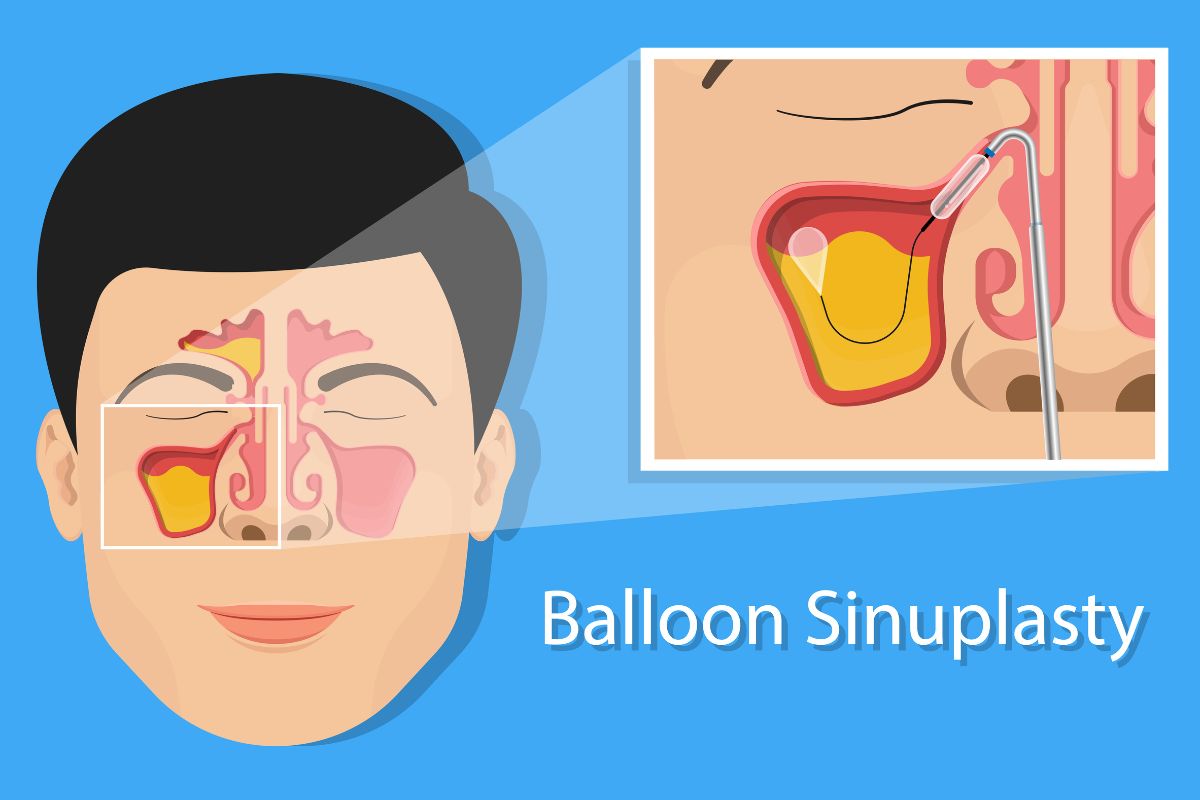
What is Balloon Sinuplasty?
Balloon sinuplasty is a medical procedure used to treat chronic sinusitis, a condition characterized by inflamed and blocked sinuses. It involves the use of a balloon catheter to widen the sinus passages and improve the drainage of mucus. This procedure is less invasive than traditional sinus surgery and has a shorter healing time.
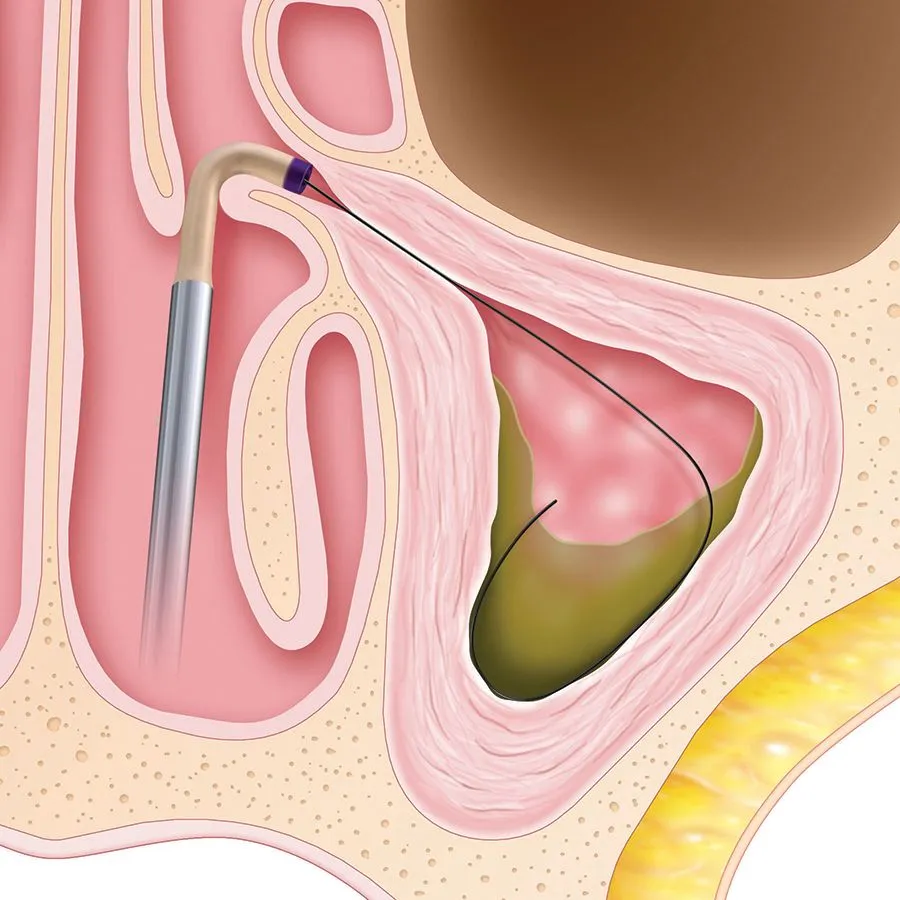
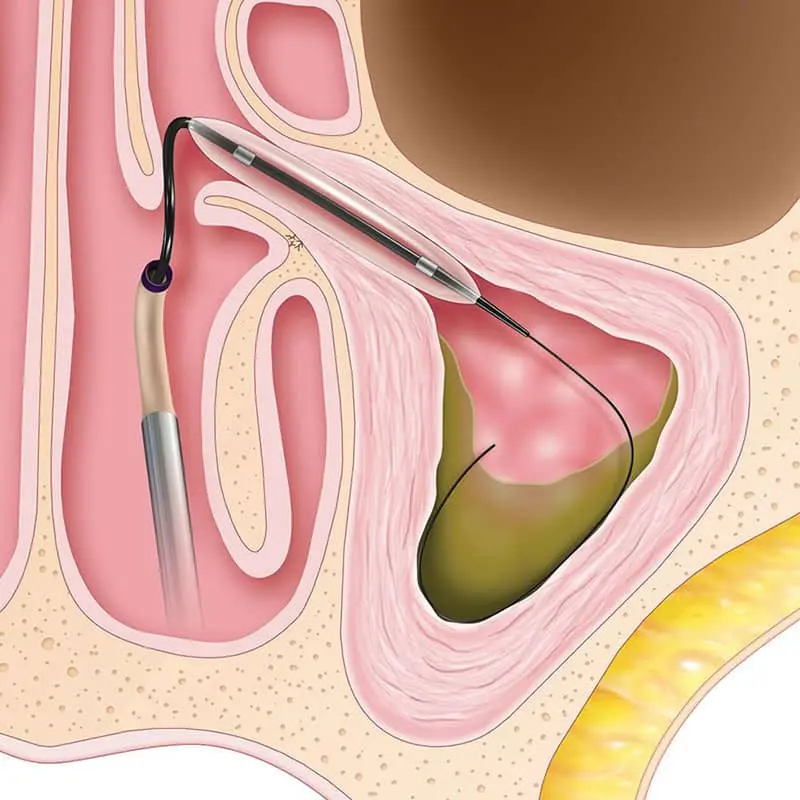
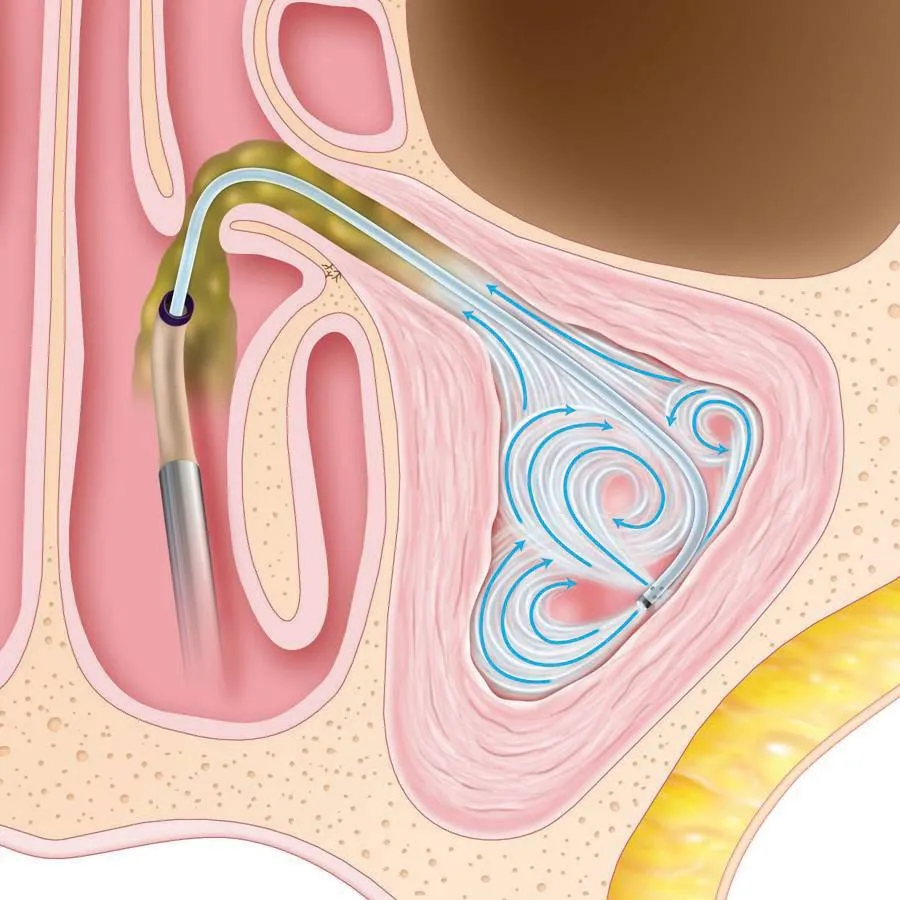
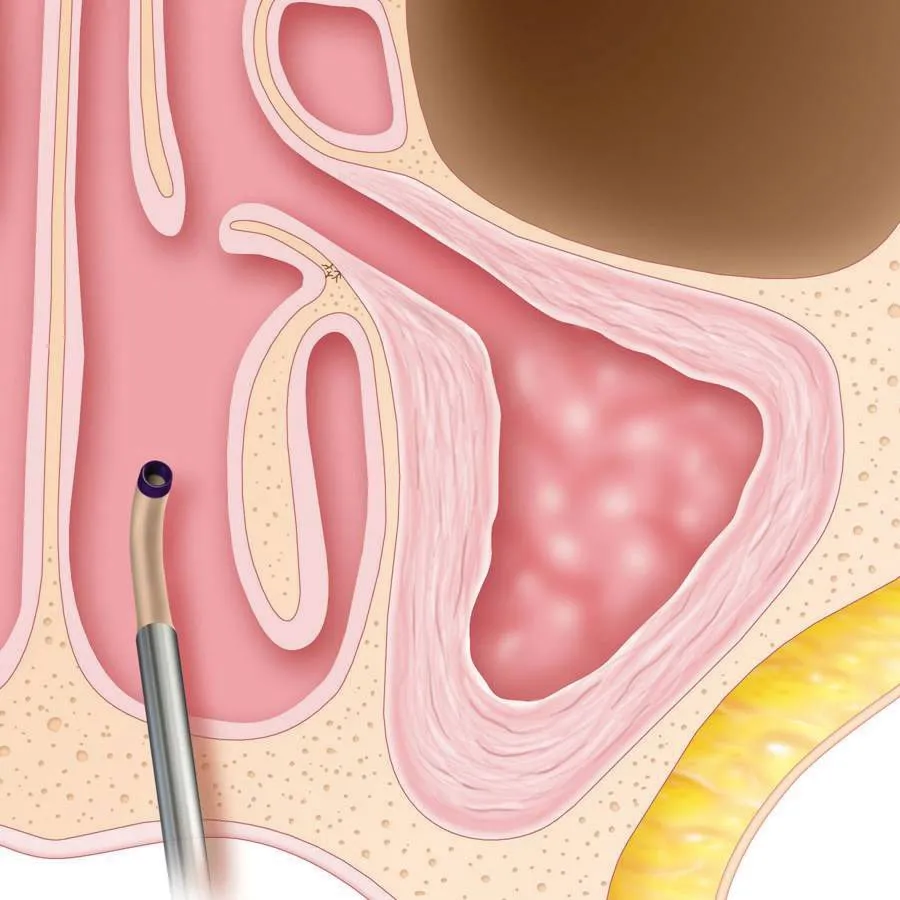
What Are the Risks of Balloon Sinuplasty Procedure?
Endoscopic sinus surgery is a procedure that can be used to treat chronic sinusitis. This procedure involves the use of an endoscope, which is inserted through the nasal passages and into the sinus cavity. The endoscope allows the surgeon to view the area and remove any blockages or tissue that may be causing inflammation. While this procedure has many benefits, it also carries some risks such as bleeding, infection, and damage to surrounding tissue. It is important for patients to discuss these risks with their doctor before undergoing sinus surgery.
Most people have no serious issues, but it’s still helpful to know what to watch for. Possible risks include:
- Mild Bleeding: As with any medical procedure, there is a risk of bleeding during or after the procedure.
- Infection: There is also a risk of infection, although this risk is low.
- Damage to surrounding tissues: The balloon catheter used in the procedure could potentially damage the surrounding tissues or cause bleeding.
- Recurrence of symptoms: In some cases, symptoms of chronic sinusitis may return after the procedure.
- Scarring: In some cases, scar tissue may form in the area where the balloon catheter was inserted, leading to further blockage and inflammation of the sinuses.

These side effects are not common, and most patients recover quickly with little to no downtime. The key is to follow your doctor’s instructions and let them know if anything doesn’t feel right during recovery.
If you’re feeling unsure, talk to an ENT specialist. At Penn Medicine Becker ENT & Allergy, we take every precaution to make your balloon sinuplasty as safe and comfortable as possible.
Considering Balloon Sinuplasty but worried about the risks?
Our expert ENT team is here to guide you safely every step of the way—because your comfort and peace of mind come first.
Is Balloon Sinuplasty Safe for You?
Yes, balloon sinuplasty is generally very safe for most people—but it’s not the right choice for everyone.
Because it’s minimally invasive and doesn’t involve cutting or removing tissue, balloon sinuplasty has fewer risks than traditional sinus surgery. Most patients return to normal activities within a day or two, with little discomfort. That said, your personal health history plays a role in how safe the procedure is for you.
Here are a few things your ENT specialist will consider:
Can You Lower the Risk of Complications?
Yes, you can reduce your risk of complications from balloon sinuplasty by following a few simple steps before and after the procedure.
While problems are rare, being prepared and following your ENT’s advice makes a big difference. Here’s what helps:
- Monitor your symptoms: After a balloon sinuplasty, it is important to monitor your symptoms and report any changes to your healthcare provider.
- Take medications as prescribed: Your healthcare provider may prescribe medications to help reduce inflammation and improve healing after the procedure. It is important to take these medications as directed.
- Avoid heavy activity for 24 hours: Take it easy right after the procedure to give your body time to heal.
- Stay in touch with your doctor: It is important to follow up with your healthcare provider after the procedure in order to ensure that you are healing properly and that there are no complications from the procedure.
- Keep your sinuses clean: Your ENT may recommend nasal sprays or rinses to keep things clear while you heal.
The good news? Most patients don’t run into any serious problems—and with a few simple precautions, you’re likely to have a smooth recovery.
Our team at Penn Medicine Becker ENT & Allergy will give you clear guidance every step of the way so you feel confident and supported before, during, and after your procedure.
What Should You Do Right After Balloon Sinuplasty?
Right after your balloon sinuplasty, focus on giving your body time to adjust. Mild congestion, light drainage, or a feeling of pressure in the sinuses is normal—these are signs your body is healing. It helps to rest with your head slightly elevated, which can make breathing easier and reduce swelling.
Instead of jumping back into your usual routine, plan for a low-key day or two. Short walks and light activity are fine, but avoid anything that might strain your body or increase sinus pressure.
You might also notice a temporary change in how your nose feels or how things taste or smell. These usually improve quickly as your sinuses continue to clear. Staying consistent with gentle care—like avoiding nose-blowing or dusty environments—can make your recovery smoother.
Talk With a Specialist About Your Sinus Options
Sinusitis can be a debilitating condition, but fortunately, there are now effective treatment options available. At Becker ENT & Allergy, we offer a state-of-the-art procedure to help alleviate your sinusitis symptoms and improve your quality of life. Our skilled and experienced team is dedicated to providing the highest level of care to each and every one of our patients. If you are suffering from sinusitis and are looking for relief, we highly recommend considering this procedure at Becker ENT & Allergy. Contact us today to learn more and schedule your consultation.

